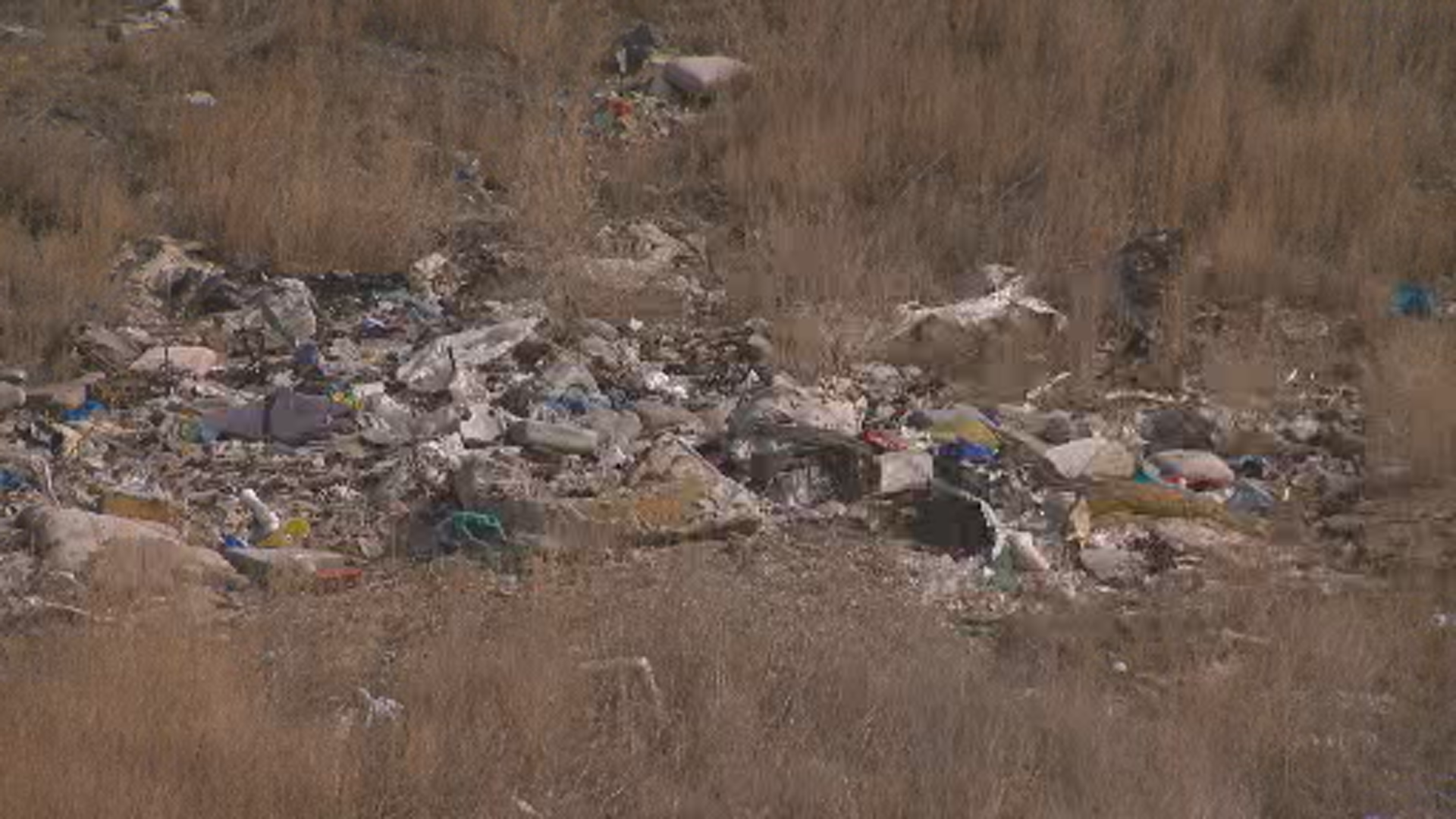There’s a new study from the University of Saskatchewan in partnership with the City of Saskatoon for finding new ways to minimize edible food waste.

When food finds its way to institutions like grocery stores or restaurants, it’s expected to be eaten.
However, not everything on the shelves or on the menu gets used. A lot of that food makes its way to the landfill.
It is estimated 30-40 per cent of all food produced in Canada annually is wasted or lost.
Working together, the city and the university hope to start upcycling the food instead of wasting it.

Get breaking National news
“Food waste is a significant contributor to what ends up in our landfill. When it ends up in the landfill, it costs us money. So methane emissions, greenhouse gas emissions, it’s a drain on resources,” said Rachel Engler-Stringer, USask Associate Professor of the Department of Community Health and Epidemiology.
Upcycling the food is taking something inedible and turning it into soups or jams. Some people even take banana skins and turn them into snacks.
Not only does this save the food from being wasted, but it also helps the city economically by creating more job opportunities.





Comments